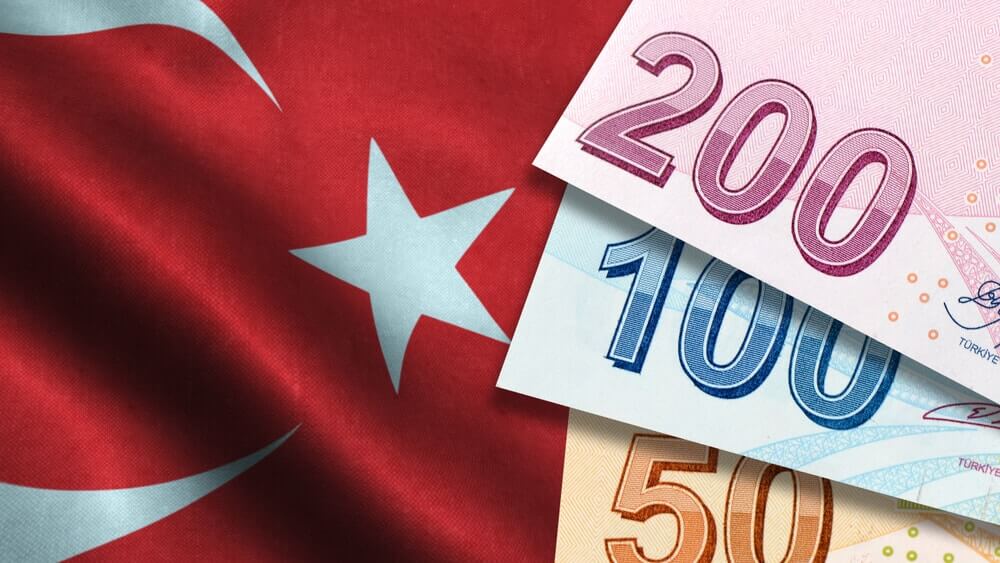
Turkish inflation at the highest level
International price pressures, combined with the president’s unconventional economic management, drive a price increase. Official inflation in Turkey has reached its highest level since Recep Tayyip Erdogan’s ruling party took power nearly two decades ago, as global inflationary pressures combine with the president’s unconventional economic management to fuel a price surge.
According to the Turkish Statistical Institute, the country’s consumer price index increased 48.7% year on year in January, up from 36% in December.
The reading sharp increases in food, electricity, and gas cost, representing Turkey’s highest official rate since April 2002.
Erdogan, credited with ushering in economic prosperity during his first decade in power, has presided over repeated bouts of high inflation in recent years as he has consolidated his forces and meddled in monetary policy.
Last year, the Turkish president, an ideological opponent of high-interest rates, directed the central bank to reduce borrowing costs four times in a row, raising the policy rate to 14% despite warnings that it would exacerbate the country’s already high inflation.
Erdogan has long argued that, contrary to conventional economic wisdom, lowering interest rates helps stabilize prices. However, economists believe that the drop in the lira that frequently follows rate cuts quickly feeds through to rising costs in a heavily reliant on imported energy and goods. In 2021, the Turkish lira lost 44% of its value against the US dollar.
Expectation of rate
Turkey’s recent rate-cutting campaign also puts it at odds with global central banks, which are tightening policy to combat the highest inflation rate in decades.
According to polls, support for Erdogan’s AKP is nearing historic lows, owing to public dissatisfaction with the rising cost of living.
Nonetheless, Turkey’s finance minister, Nureddin Nebati, stated before Thursday’s announcement that there would be “no turning back” from the policy of low-interest rates.
Nebati predicted that inflation would peak at less than 50% in April. The US investment bank Goldman Sachs predicted that inflation would rise to around 56% in May and remain close to that level for the rest of the year.


